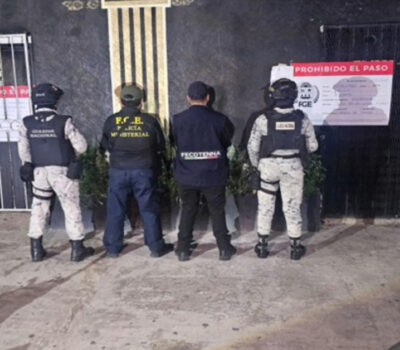
Social Norms and Etiquette
Mexico’s social norms and etiquette are deeply rooted in a rich cultural heritage that blends indigenous traditions with Spanish influences. Understanding these customs is essential for fostering respectful and meaningful interactions when visiting or living in the country.
Greetings in Mexico are warm and courteous. When meeting someone for the first time, a handshake accompanied by a friendly smile and direct eye contact is customary. Among friends and family, women often greet each other with a light kiss on the cheek, while men may exchange a handshake or a brief hug with a pat on the back. Using formal titles such as “Señor” (Mr.), “Señora” (Mrs.), or “Señorita” (Miss) followed by the person’s last name is a sign of respect, especially in professional settings. First names are typically used once a closer relationship has been established.
Family is the cornerstone of Mexican society, and strong emphasis is placed on familial bonds and responsibilities. Extended families often live close to one another, and gatherings are frequent. Respect for elders is paramount; their opinions and guidance are highly valued and sought after in both personal and communal matters.
Punctuality carries different expectations depending on the context. In social situations, a more relaxed approach is common, and arriving 15 to 30 minutes late is generally acceptable. However, in business environments, punctuality is important and reflects professionalism and respect for others’ time.
Personal space in Mexico is often closer than in some other cultures. During conversations, standing or sitting close to others is normal, and stepping back might be perceived as distant or unfriendly. Physical contact such as a pat on the shoulder or touching an arm during dialogue is a common way to express friendliness and engagement.
Communication tends to be indirect and nuanced. Mexicans often strive to maintain harmony and avoid open confrontation. As a result, they may be hesitant to give a direct negative response. Phrases like “maybe” or “we’ll see” can sometimes indicate a polite decline. Being attentive to non-verbal cues and context can enhance understanding. Politeness is highly valued, and frequent use of “por favor” (please) and “gracias” (thank you) is customary.
Gift-giving is a thoughtful gesture in social and business relationships. If invited to someone’s home, bringing a small gift such as flowers (excluding marigolds, which are associated with funerals), chocolates, or a good bottle of wine is appreciated. Gifts are typically opened upon receipt, and expressing gratitude is important.
Dining etiquette reflects the social importance of meals. Waiting for the host to invite everyone to start eating, often by saying “¡Buen provecho!” (Enjoy your meal), is polite. Keeping hands visible by resting wrists on the table edge, rather than in the lap, is customary. Trying a bit of every dish offered is a sign of appreciation, and complimenting the host on the food is well-received.
Attire in Mexico tends to be conservative and neat. Dressing well is seen as a sign of respect for others and oneself. In professional settings, business attire is standard, with men wearing suits and women opting for dresses or suits. Casual wear is acceptable in informal contexts but is typically still tidy and presentable.
Religion plays a significant role in daily life, with Roman Catholicism being the predominant faith. Religious festivals and holidays are widely observed, and showing respect for these traditions is important. When visiting churches or religious sites, modest dress is expected, and participation in local customs can be a meaningful way to engage with the culture.
Understanding and embracing these social norms can greatly enrich one’s experience in Mexico. By showing respect for local customs and valuing interpersonal relationships, visitors and expatriates can build strong connections and navigate social situations with confidence. The warmth and hospitality characteristic of Mexican culture offer a welcoming environment for those who approach it with openness and appreciation.
Mexico, a nation rich in history, culture, and natural beauty, offers a vibrant and diverse lifestyle that has captivated the hearts of many expatriates . . .












